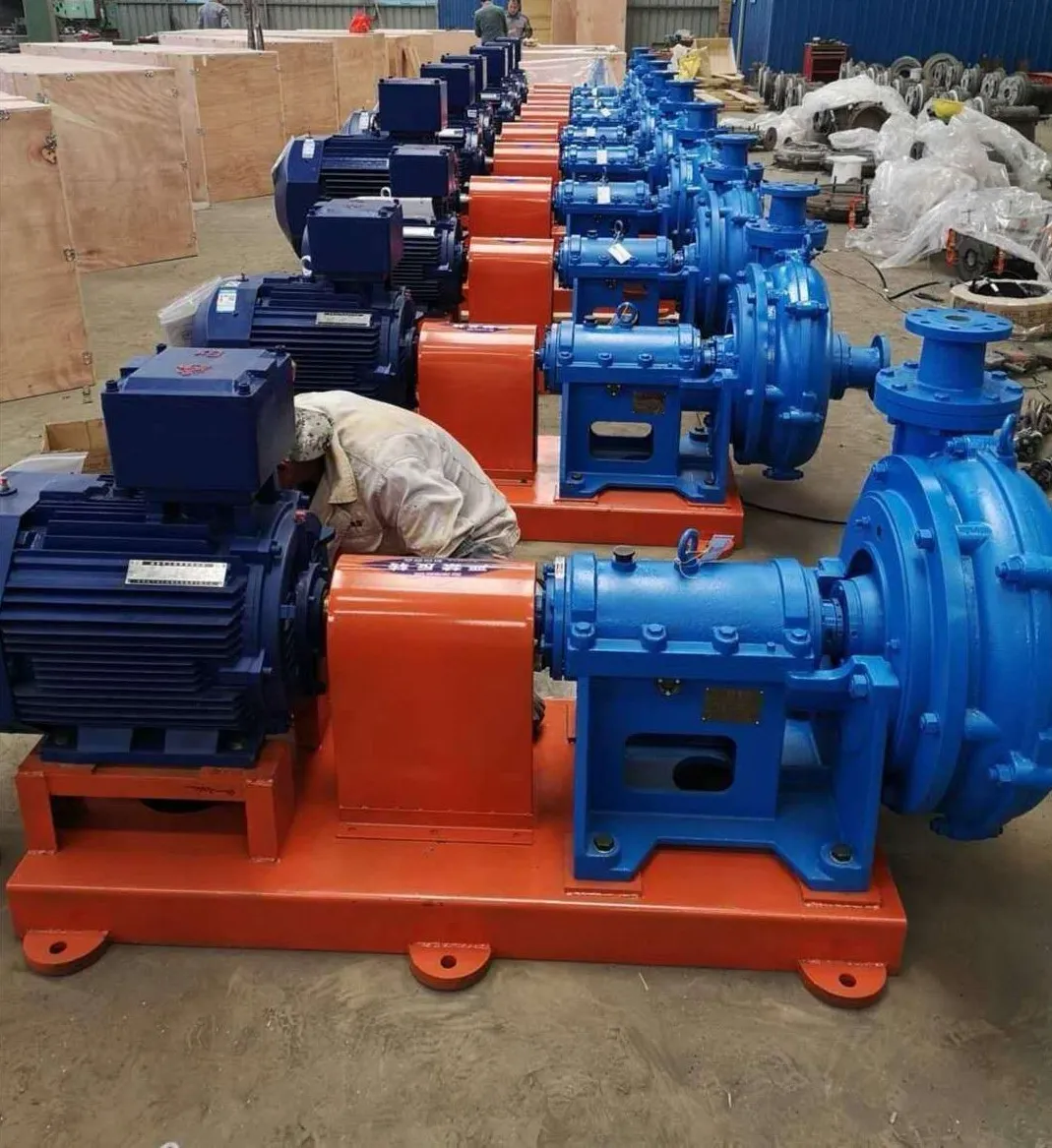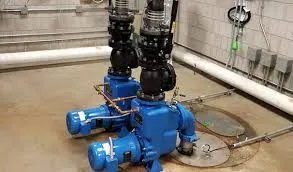TEL:
+86 13120555503
Malayalam
- Afrikaans
- Albanian
- Amharic
- Arabic
- Armenian
- Azerbaijani
- Basque
- Belarusian
- Bengali
- Bosnian
- Bulgarian
- Catalan
- Cebuano
- Corsican
- Croatian
- Czech
- Danish
- Dutch
- English
- Esperanto
- Estonian
- Finnish
- French
- Frisian
- Galician
- Georgian
- German
- Greek
- Gujarati
- Haitian Creole
- hausa
- hawaiian
- Hebrew
- Hindi
- Miao
- Hungarian
- Icelandic
- igbo
- Indonesian
- irish
- Italian
- Japanese
- Javanese
- Kannada
- kazakh
- Khmer
- Rwandese
- Korean
- Kurdish
- Kyrgyz
- Lao
- Latin
- Latvian
- Lithuanian
- Luxembourgish
- Macedonian
- Malgashi
- Malay
- Malayalam
- Maltese
- Maori
- Marathi
- Mongolian
- Myanmar
- Nepali
- Norwegian
- Norwegian
- Occitan
- Pashto
- Persian
- Polish
- Portuguese
- Punjabi
- Romanian
- Russian
- Samoan
- Scottish Gaelic
- Serbian
- Sesotho
- Shona
- Sindhi
- Sinhala
- Slovak
- Slovenian
- Somali
- Spanish
- Sundanese
- Swahili
- Swedish
- Tagalog
- Tajik
- Tamil
- Tatar
- Telugu
- Thai
- Turkish
- Turkmen
- Ukrainian
- Urdu
- Uighur
- Uzbek
- Vietnamese
- Welsh
- Bantu
- Yiddish
- Yoruba
- Zulu
Telephone: +86 13120555503
Email: frank@cypump.com
ഫെബ്രു . 15, 2025 09:45 Back to list
basement bathroom sewage pump
For homeowners considering the addition of a basement bathroom, one crucial component often overlooked in the initial planning stages is the sewage pump. Installing a bathroom below the level of the main sewer line requires specialized equipment to ensure proper drainage and waste removal. A high-quality basement bathroom sewage pump not only optimizes your plumbing system but also enhances the functionality of your home.
Maintenance of your sewage pump system enhances its lifespan and efficiency. Regular inspection and cleaning prevent the buildup of debris that could clog the system. Some advanced sewage pumps include remote monitoring features that alert homeowners of any malfunctions or required maintenance, encouraging a proactive approach to upkeep. It is equally important to consider the noise factor. Basement bathrooms often require powerful pumps, which can be noisy during operation. Choose models with noise-dampening features or install the pump in an insulated enclosure to minimize disruptions to household tranquility. Lastly, researching and selecting a pump from a reputable manufacturer provides peace of mind through warranties and customer support services. Brands with positive user testimonials often highlight the product’s reliability and post-purchase service, reflecting their trustworthiness and effectiveness over time. Investing in a quality basement bathroom sewage pump enhances both the functionality and value of your home. It ensures that your basement bathroom operates efficiently, offering years of trouble-free service. Through careful selection, professional installation, and regular maintenance, homeowners can create a sustainable and dependable plumbing solution in their homes.


Maintenance of your sewage pump system enhances its lifespan and efficiency. Regular inspection and cleaning prevent the buildup of debris that could clog the system. Some advanced sewage pumps include remote monitoring features that alert homeowners of any malfunctions or required maintenance, encouraging a proactive approach to upkeep. It is equally important to consider the noise factor. Basement bathrooms often require powerful pumps, which can be noisy during operation. Choose models with noise-dampening features or install the pump in an insulated enclosure to minimize disruptions to household tranquility. Lastly, researching and selecting a pump from a reputable manufacturer provides peace of mind through warranties and customer support services. Brands with positive user testimonials often highlight the product’s reliability and post-purchase service, reflecting their trustworthiness and effectiveness over time. Investing in a quality basement bathroom sewage pump enhances both the functionality and value of your home. It ensures that your basement bathroom operates efficiently, offering years of trouble-free service. Through careful selection, professional installation, and regular maintenance, homeowners can create a sustainable and dependable plumbing solution in their homes.
Share
Next:
Latest news
-
ISG Series Vertical Pipeline Pump - Chi Yuan Pumps | High Efficiency, Low Noise
NewsAug.07,2025
-
ISG Series Pipeline Pump-Chi Yuan Pumps|High Efficiency, Low Noise
NewsAug.07,2025
-
ISG Series Vertical Pipeline Pump - Chi Yuan Pumps | High Efficiency, Low Noise
NewsAug.07,2025
-
Industrial Chemical Pumps for Sale | High-Performance & Reliable
NewsAug.07,2025
-
ISG Series Vertical Pipeline Pump - Chi Yuan Pumps Co., LTD.|High Efficiency&Low Noise
NewsAug.07,2025
-
ISG Series Pipeline Pump - Chi Yuan Pumps | High Efficiency, Reliable Performance
NewsAug.07,2025










